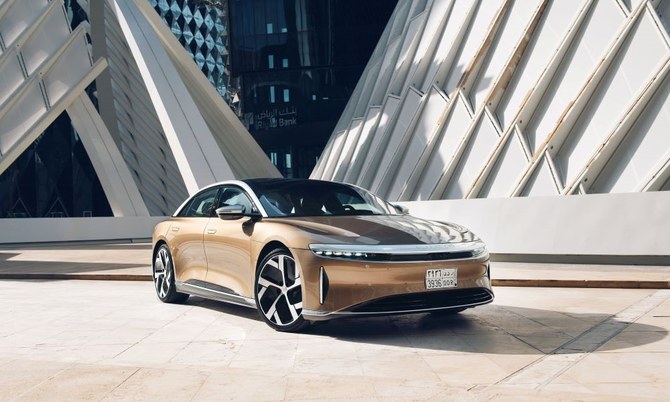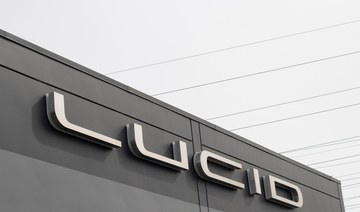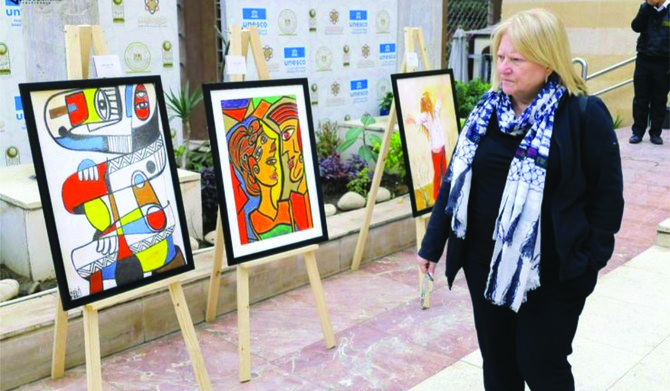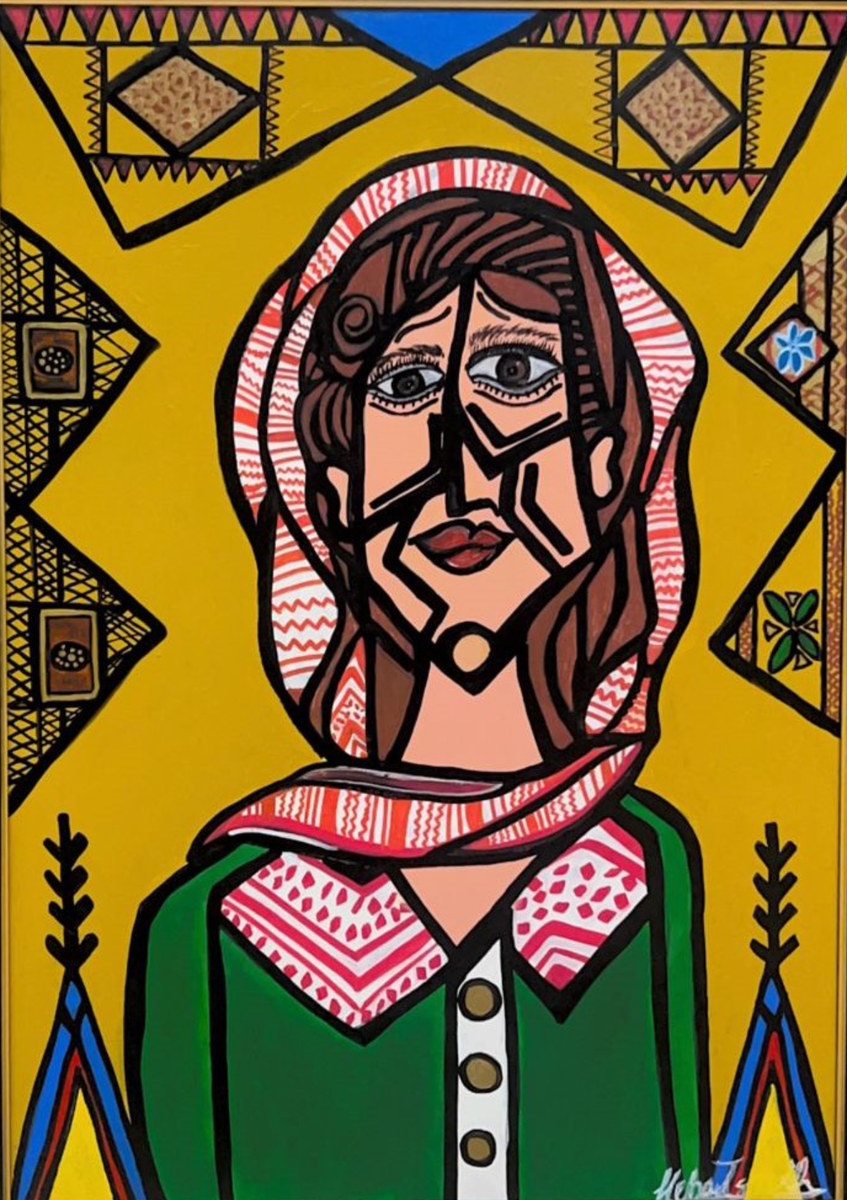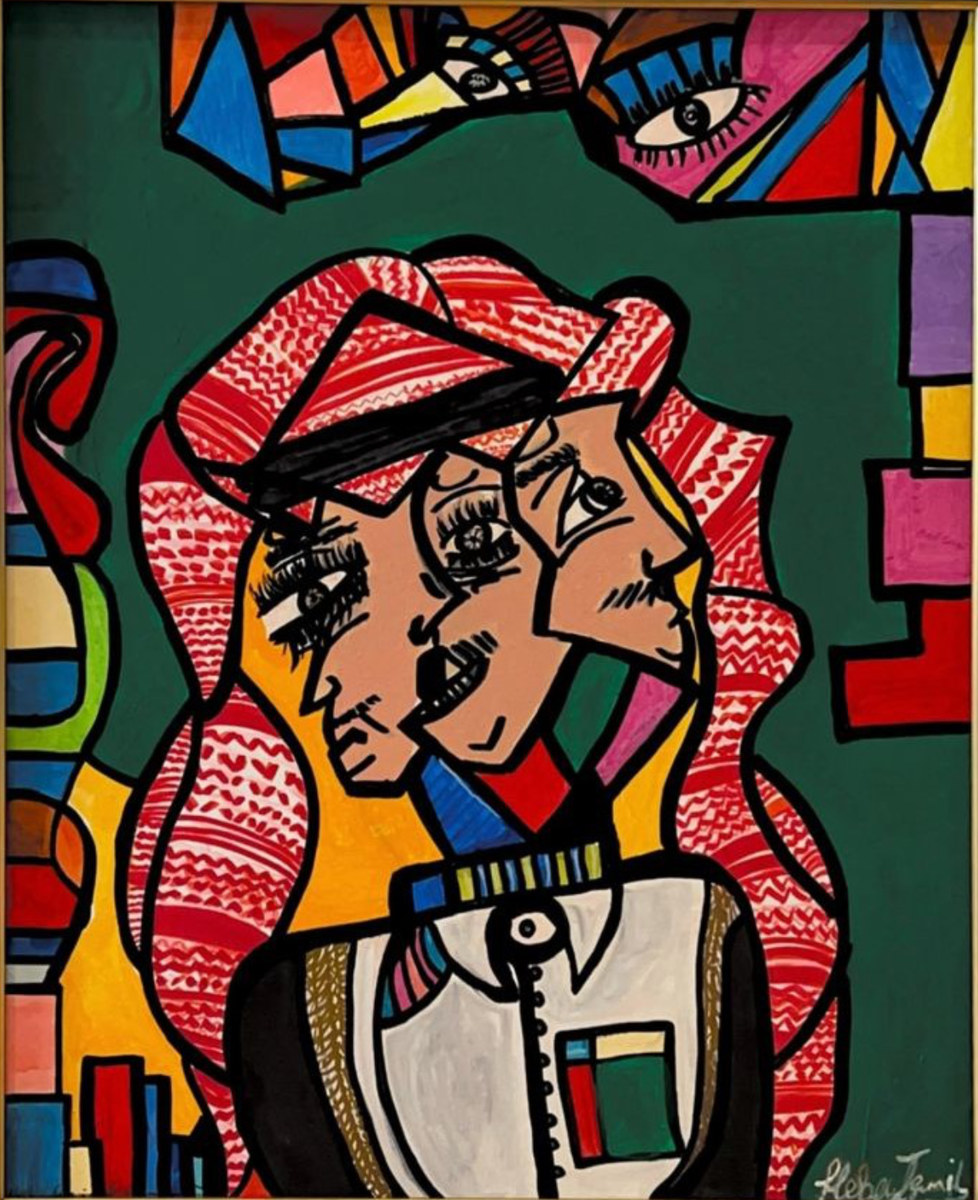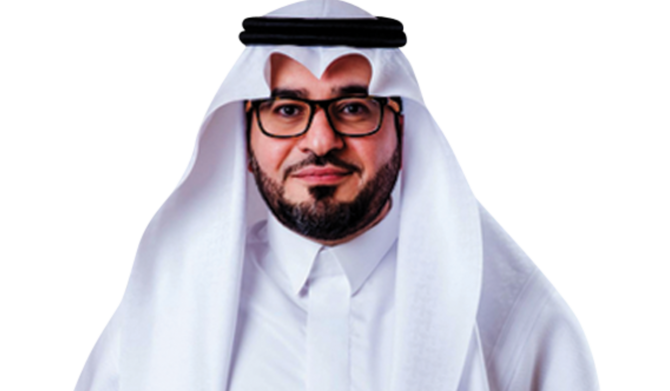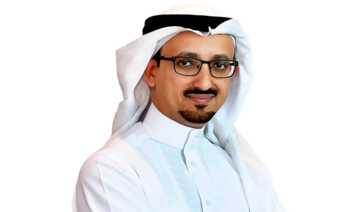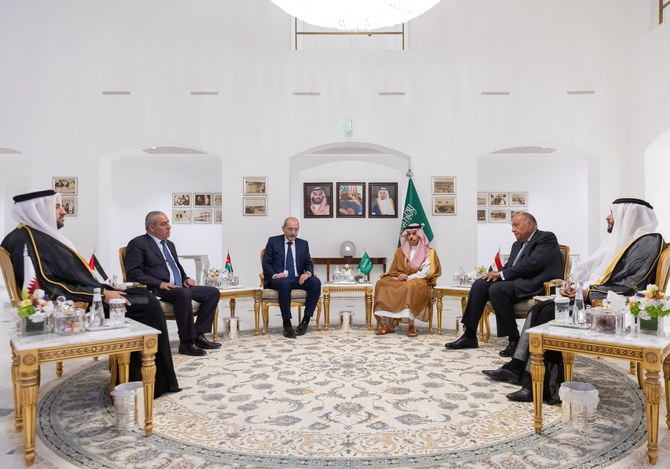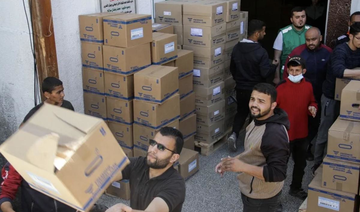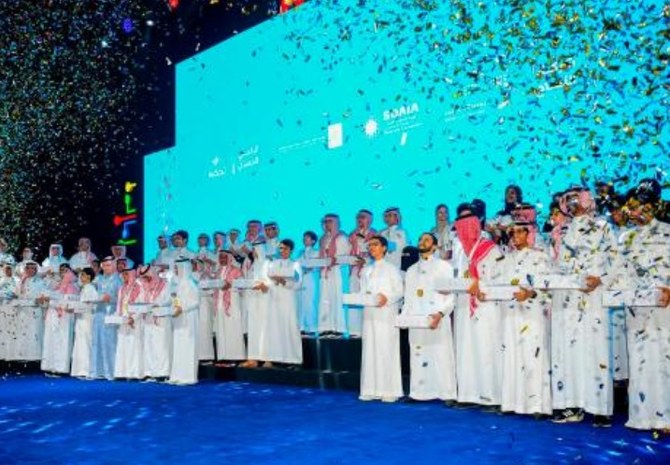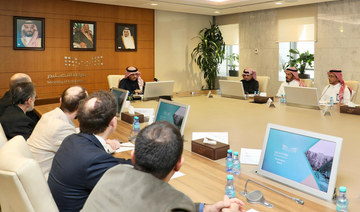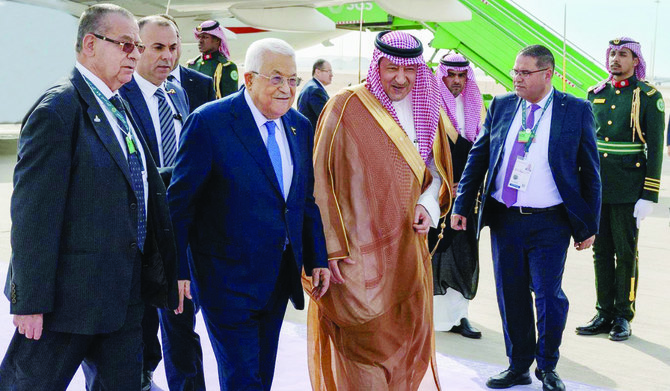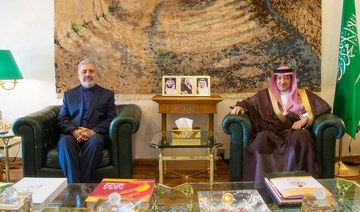RIYADH: Lucid Group, Inc., known for its luxurious electric cars, has announced the opening of its first Middle East studio, in Riyadh.
Similar to other Lucid studios, the store, located in the city’s Al-Nakheel district, will offer a digitally focused, high-end customized experience.
Peter Rawlinson, Lucid’s chief executive officer and chief technology officer, said: “The launch of our first studio in the Middle East marks yet another step toward Lucid’s mission to inspire the adoption of sustainable energy on a global scale, and I’m delighted this brand-new studio is set to open here in Saudi Arabia.
“Saudi Arabia recognizes the seismic transition toward automobile electrification, and it looks to the future to secure a better world for generations to come with Saudi Vision 2030,” he added.
Customers will be able to fully experience the brand and learn about its products in a setting that highlights the company’s design philosophy.
Earlier this year, Lucid unveiled plans for a fully operational facility in King Abdullah Economic City. It is proposed that the plant will reassemble Lucid Air cars constructed at the company’s AMP-1 manufacturing site in Casa Grande, Arizona, and eventually make vehicles in their entirety.
The firm aims to produce up to 155,000 automobiles annually at the KAEC factory during peak production.
Faisal Sultan, vice president and managing director of Lucid Middle East, told Arab News: “Saudi Arabia is situated in a very strategic region from a geographic standpoint, and the country is undergoing an amazing transformation as part of Vision 2030.
“I believe that this plays a role in our strategy as a company that is focused on sustainability; we want to introduce technology in eclectic vehicles and transportation that aids the transition from internal combustion engines to electric vehicles.
“It is also clear that this region is also going through a similar transformation,” he said.
Lucid is the first electronic motor company that will have its manufacturer in Saudi Arabia.
“It’s an amazing feeling being the first; we are just happy to open that door for the industrialization of cars in the country. I think the potential is huge with all the transformation like the Saudi Green Initiative, which Lucid cars fit in,” Sultan added.
The company’s factory in Arizona can produce 350,000 units a year, and while the KAEC facility will initially serve the local market it will eventually export vehicles globally.
Sultan highlighted the role of sustainability and how electronic cars could help the planet.
He said: “Sustainability is the most important thing the human population needs, and electric vehicles give you that option.”
He pointed out that the KAEC plant would need to create thousands of jobs to meet output targets for the end of the decade.




